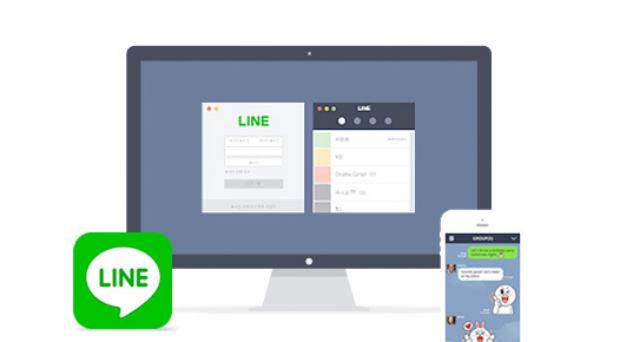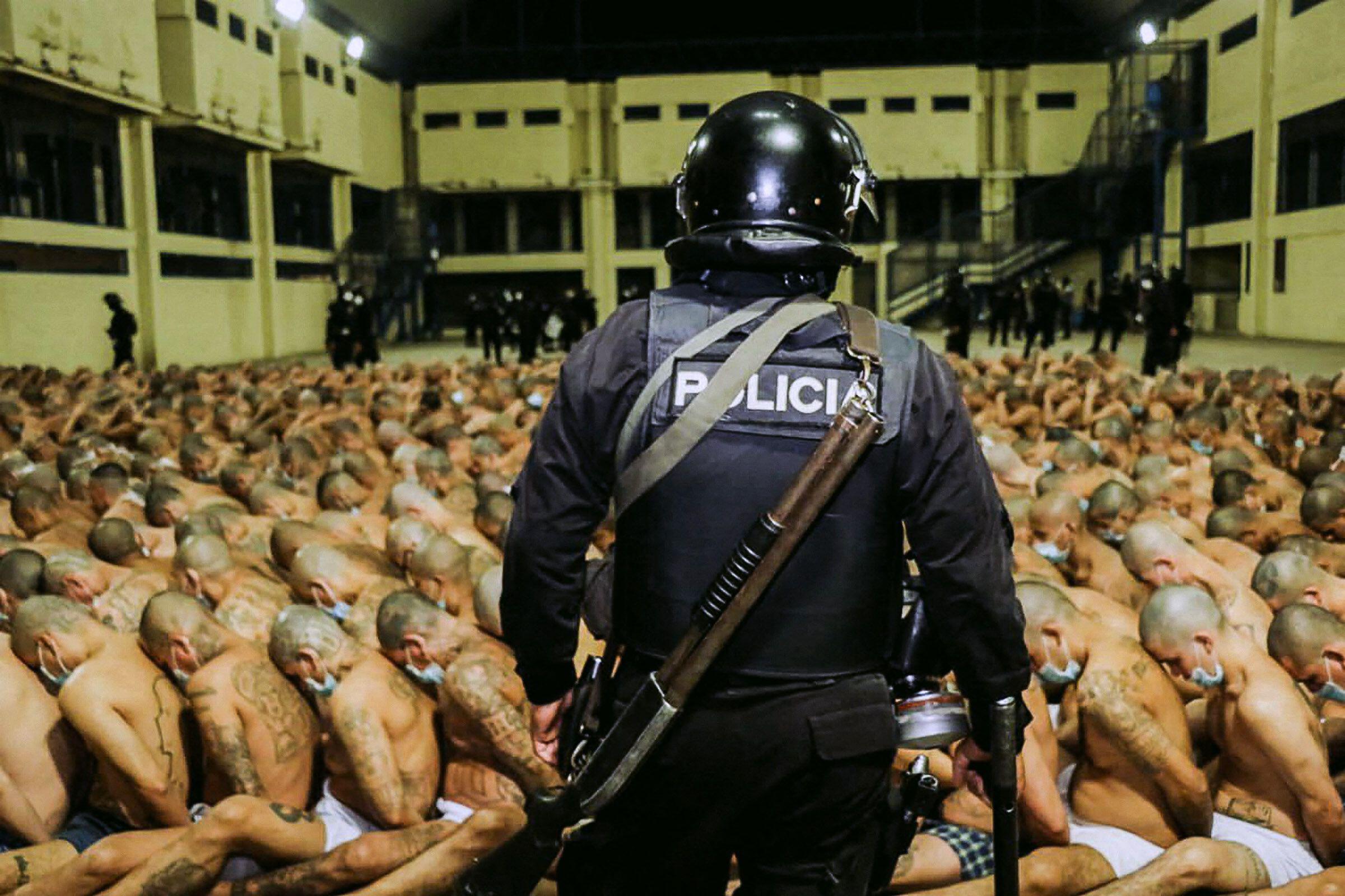The instant messaging app LINE has strengthened its censorship methods in mainland China, according to new findings from the Citizen Lab at the University of Toronto. The academic researchers not only found proof that the app now censors more topics than ever before, but also that LINE is censoring in a way that is harder to detect for the average user.
Want to discuss the China’s ruling Communist Party (CPC) with your friends on LINE? Go ahead. Compare foreign leaders to dictators? No problem, chat away. Unless you mention both the CPC and dictatorship in one chat message, you won’t notice LINE’s new censorship policy. That’s because LINE recently “improved” its censorship methods in China by adding almost fifty so-called regular expressions to its long list of taboo subjects; that is, groups of words that users are allowed to use independently, but not in combination.
The findings are interesting because LINE’s novel use of regular expressions allows a more subtle form of censorship, argues Jason Q. Ng, one of the researchers at the University of Toronto. “It allows for a more nuanced censorship for topics such as Xinjiang, instead of just a blanket block,” he told Pao-Pao over the phone, referring to the western province which has long been plagued by tensions between Chinese authorities and the indigenous Uighur people.
That’s positive for the authorities, he explains: “If you hide a smaller set of things, less people will encounter censorship than if you block everything related to a certain topic. Many people might want to speak in a so-called ‘legitimate’ way on a topic like Xinjiang, so if [the censors] block everything related to the topic, it will just make those people curious about the censorship, and the reasons behind its existence.”
Ng says that he thinks that the new method of censorship will only hinder the small minority of people already aware of the existence of censorship. One of the new, blocked combinations of words on LINE includes “Xinjiang”(新疆)and “independent” (獨立). Similar censorship techniques have already been implemented on Weibo, also known as Chinese Twitter.
There’s a whimsical name for the phenomenon that the Chinese authorities are trying to avoid with these new techniques: the Streisand effect, after American singer Barbara Streisand. In 2003, she attempted to suppress photographs of her residence in Malibu, California by suing a photographer. The lawsuit ended up inadvertently generating a storm of publicity: whereas only six people had viewed the photographs before the lawsuits — two of which were her attorneys — the case caused 420,000 people to look up the photos within the month.
But it is a serious principle, as demonstrated earlier this month, during the protests in Hong Kong which were in a sense also a prime example of the dreaded Streisand effect. After a few students were teargassed by the police in an effort to suppress their protest, local outrage and support only swelled, resulting in a much higher turnout at demonstrations on the following days.
The Citizen Lab researchers have been tracking and analyzing LINE’s censorship for close to a year. They have reverse engineered the application, finding that when the user’s country is set to China it will enable censorship by downloading a list of banned words from a website called Naver. Whenever the list is updated, they study the differences compared to previous lists.
In a post on their website, Citizen Lab also show users how they can change their regional settings, allowing them to circumvent censorship on LINE within China.
In Citizen Lab’s report on the new methods, the researchers conclude that the new list “demonstrates LINE Corporation’s continued commitment to filtering keywords for users based in China and a push to improve the underlying technology”.
Still, Jason Q. Ng says that it is hard to say whether LINE’s censorship is better or worse than other chat apps like WeChat. “For LINE it is easier to see the exact way they censor,” he says. “Normally we can’t do that: we have to test the app word by word. We are still working on WeChat. Also, it depends on the way you measure: some apps might censor less, but have the ability to surveil a lot. That might be worse for the users.”






